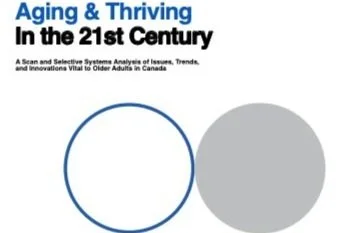Tests show virus cases in health-care workers
Dr. Samir Sinha, the NIA Director of Health Policy Research, said while the number of infections found so far is low, it does reinforce the need for health-care workers to be immunized.
"Right now, they’re doing rapid antigen testing as a line of defence, but really it’s a pragmatic second best approach to the best possible thing we can do to support vulnerable people — given that hundreds have died in Manitoba alone — which is making sure everyone is vaccinated," Sinha said.




















